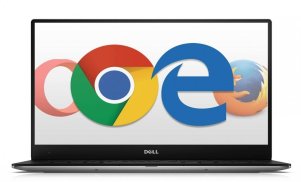Most of us tend to choose a web browser and stick with it for years. It can be hard to break away from your comfort zone – especially when you've become used to its quirks – but trying a different browser can greatly improve your experience on the web.
Whether it's enhanced security, improved speed, or greater flexibility through customizable options and plugins, the right browser can have a huge effect on your online life. Here we've put the biggest browsers through their paces (plus one that you might not be familiar with) to identify the one that does the best job of ticking all those boxes, but if you have a particular concern then read on to see if there's an alternative that might be better suited to your needs.

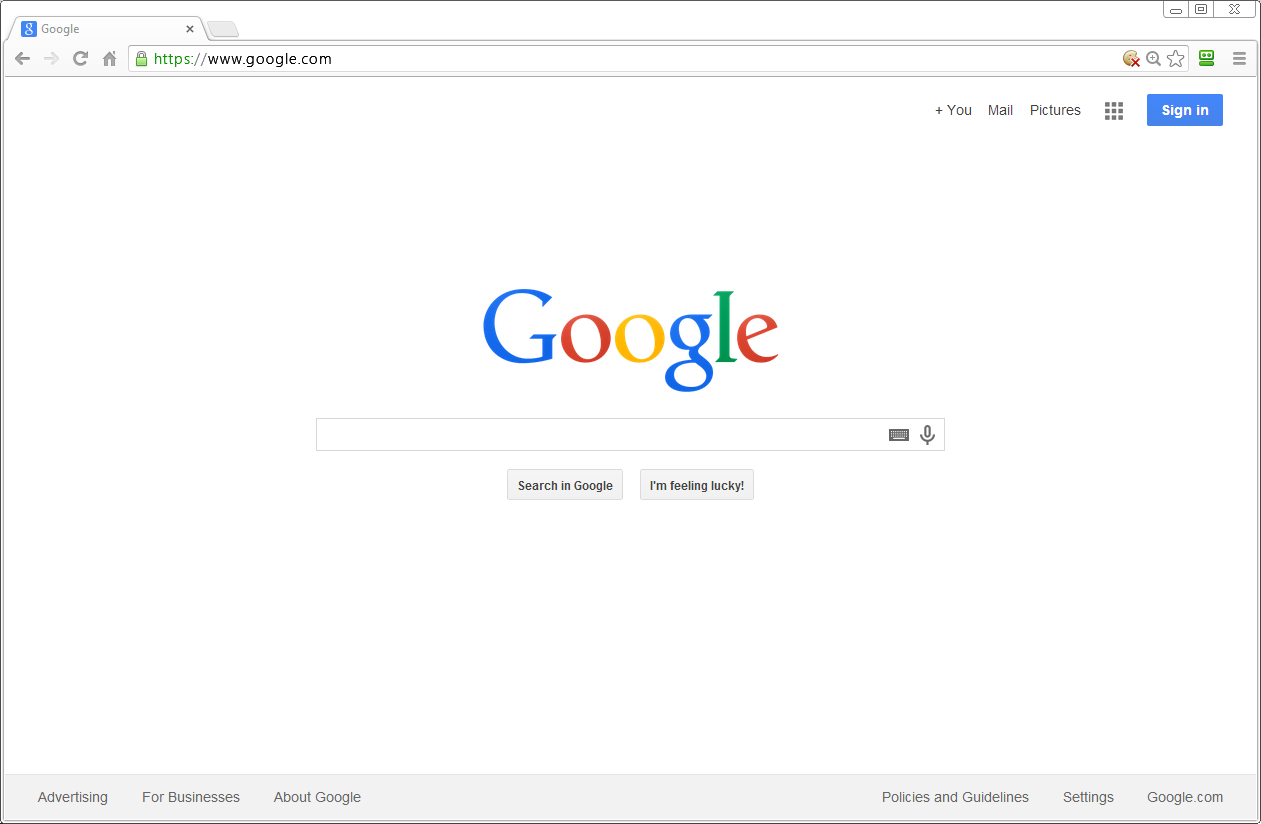
1. Google Chrome: Powerful and adaptable browser, if your PC has the resources, Chrome is 2017's best browser
Its wide range of easily obtained and installed extensions mean you can really make it your own, and there's support for parental controls and a huge range of tweaks and settings to ensure maximum efficiency.
But there are downsides, and potentially big ones. It's among the heaviest browsers in terms of resource use, so it's not brilliant on machines with limited RAM, and its performance doesn't quite match up to others in benchmarking terms. And with Google's tentacles running through it, you might be uncomfortable with the ways in which your browsing data may be used.

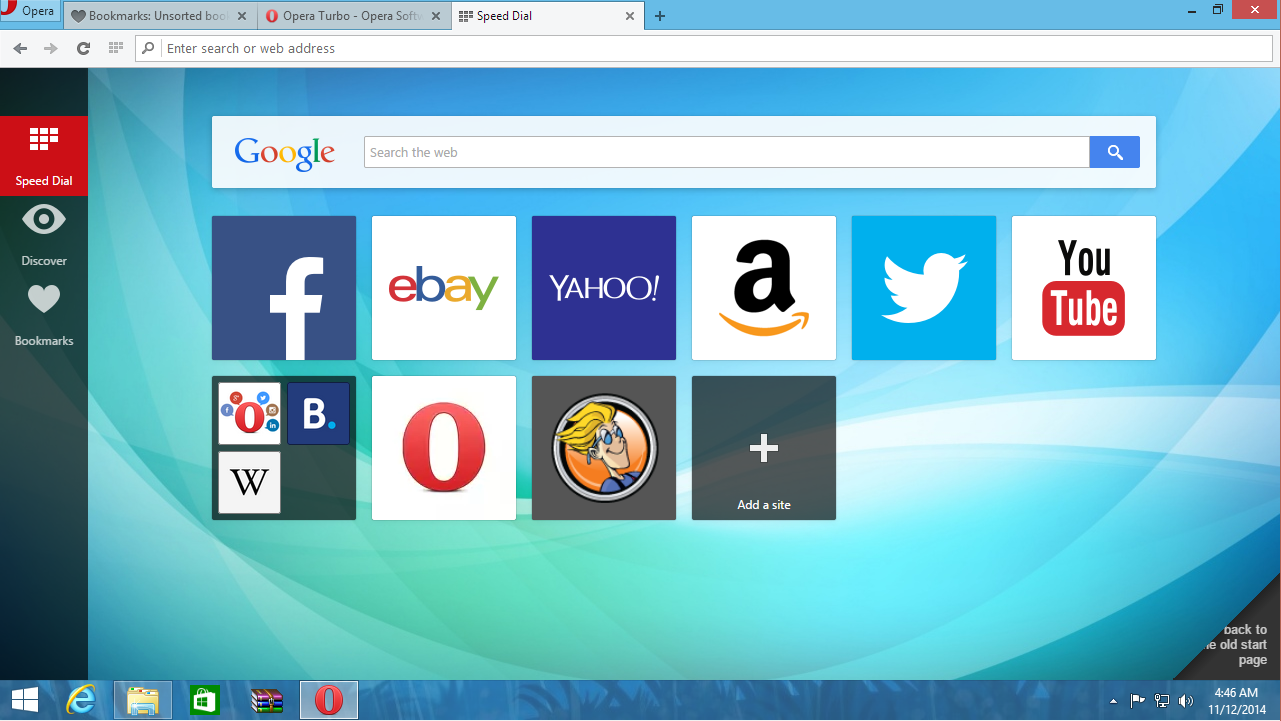
2. Opera: An underrated browser, Opera's killer feature is a superb Turbo mode for slow connections
There's also an integrated ad-blocker - which can be switched off if you're morally inclined in that direction - and a battery-saving mode which promises to keep your laptop going for longer.

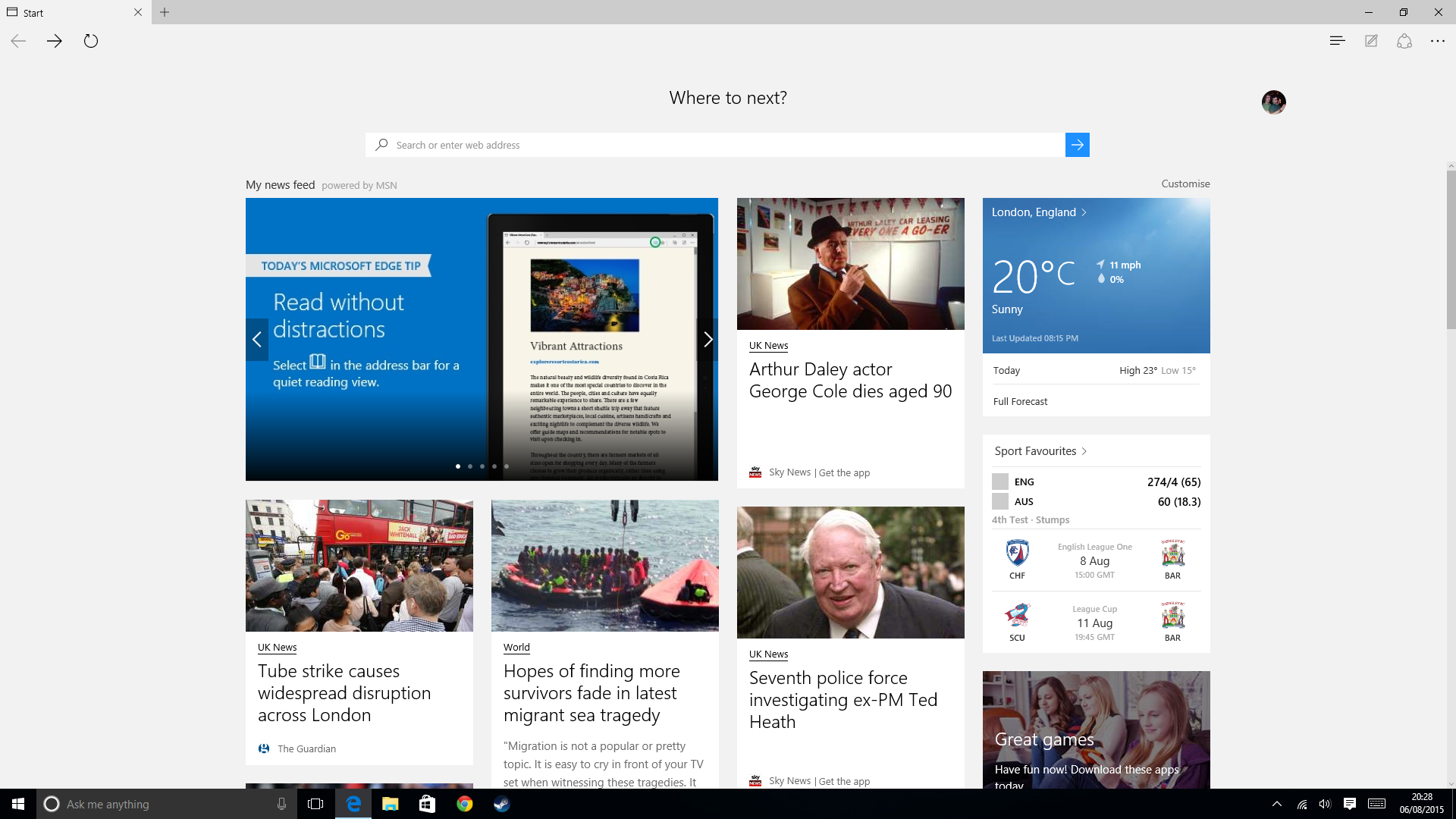
3. Microsoft Edge: Edge - Microsoft's new, user-friendly browser - offers full integration with Windows 10
Integration with Windows 10's core gimmicks seems to be Edge's main strong point. It happily runs as a modern-skinned app on Windows 10's tablet mode, and works with Cortana. It's also highly streamlined for the current web age, doing away with insecure protocols like ActiveX and forcing you into Internet Explorer if you want to use them. We're more used to browsers failing to render newer pages than we are to being told off for visiting older corners of the web.
Curmudgeonly grumbles aside, actually using Edge is a perfectly pleasant experience. It's super-quick, hammers through benchmarks, its integrated reading mode makes complex sites more palatable, and by sandboxing it away from the rest of the operating system Microsoft has ensured that Edge won't suffer the security breaches of its older brother.

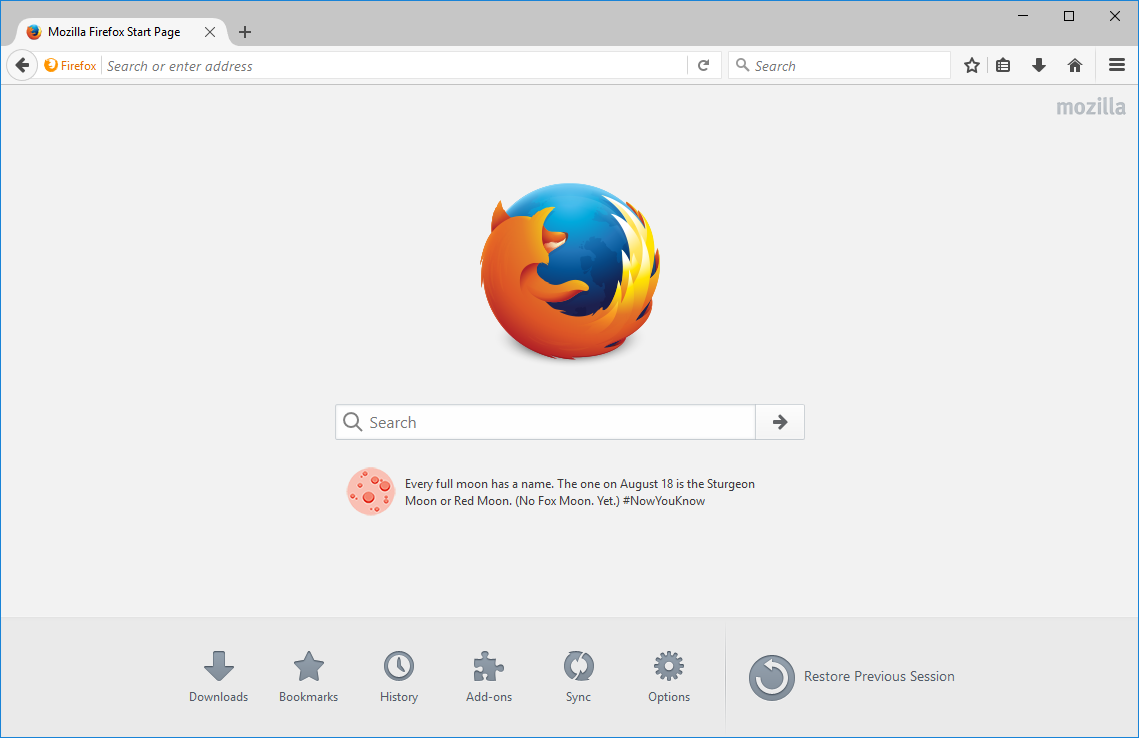
4. Mozilla Firefox: A divisive choice these days - Firefox is very flexible, but can feel sluggish with lots of plugins installed
Once the leader in overall popularity in the browser war, Firefox is now now a slightly sad third place. It's not clear why; while it lags behind its main competitors in terms of design, keeping the search and URL boxes separate and leaving buttons on display where others have removed them, it's regularly updated on a six-week schedule and has a raft of extensions available.
If you're looking for an alternative take on the same structure, Waterfox may fit the bill. It's built on Firefox code, removes many of the restrictions and integrations of the main release, and purports to be one of the fastest browsers around.


5. Vivaldi: Build your own ideal browser with Vivaldi's unique docking and tab-stacking features
It's not the fastest and it's not the most fully featured, lacking any official support for extensions, but Vivaldi is relatively new and we don't doubt it'll receive further expansion as time goes on. It's a refreshing and creative take on web browsing, and one to watch in the next couple of years.

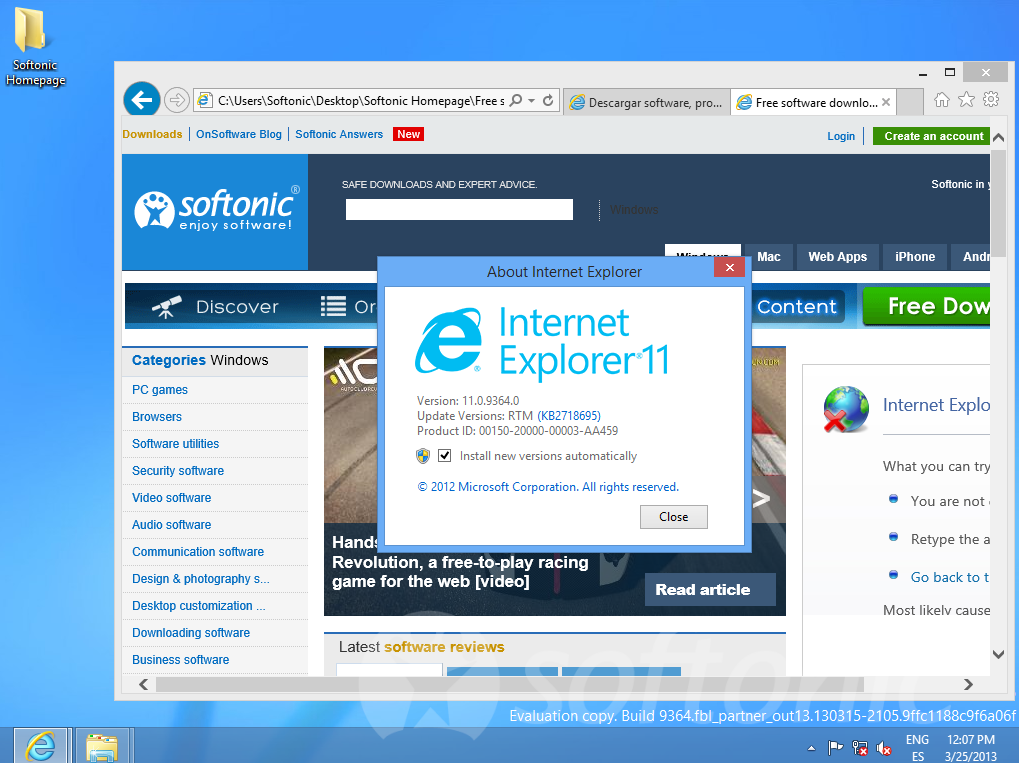
6. Microsoft Internet Explorer: Internet Explorer is fast and efficient, but less expandable than Firefox and Chrome
There are no such issues with Internet Explorer 11. It's clean, powerful, highly compatible, and it demands less of your RAM and CPU than equivalent pages would on Chrome or Firefox. Plus it one-ups both of them on WebKit's Sunspider benchmark.
That's not to say this browser is perfect. Google's V8 benchmark sees it struggling, and IE isn't quite as able to handle add-ons and extensions as many of its competitors. So while there's no reason to avoid IE like there might once have been, if you're looking for a more customised browsing experience you're out of luck.


7. Tor Browser: Not just a browser – Tor offers a whole package of browsing tools with security at its heart
Tor Browser is really a package of tools; Tor itself, a heavily modified version of the Firefox extended support release, and a number of other privacy packages that combine to make it the most secure browsing experience you're likely to find. Nothing is tracked, nothing is stored, and you can forget about bookmarks and cookies.
You'll need to alter your browsing habits to ensure that you don't perform actions online that reveal your identity - Tor Browser is just a tool, after all - but for a secondary browser useful for those private moments it's a great choice. Run it from a USB stick and nobody need even know you have it at all.

